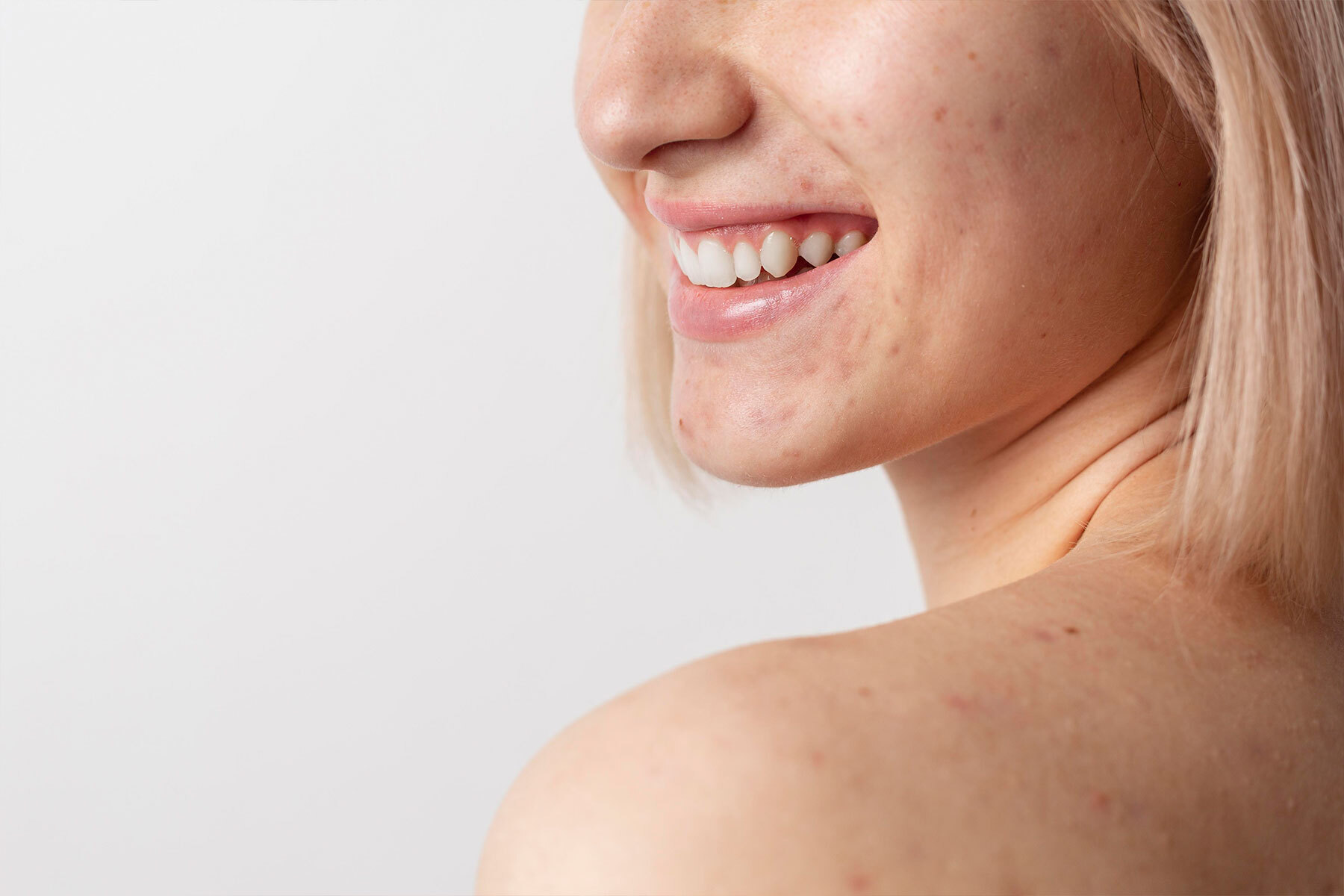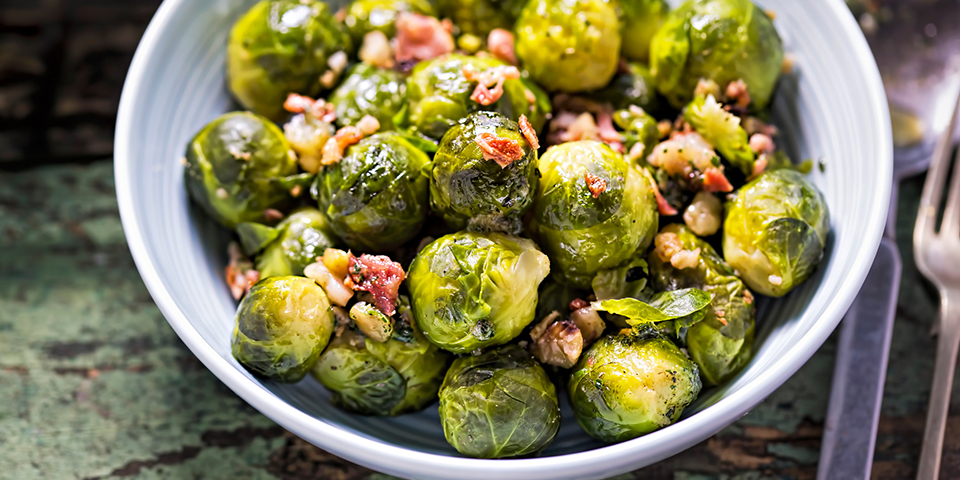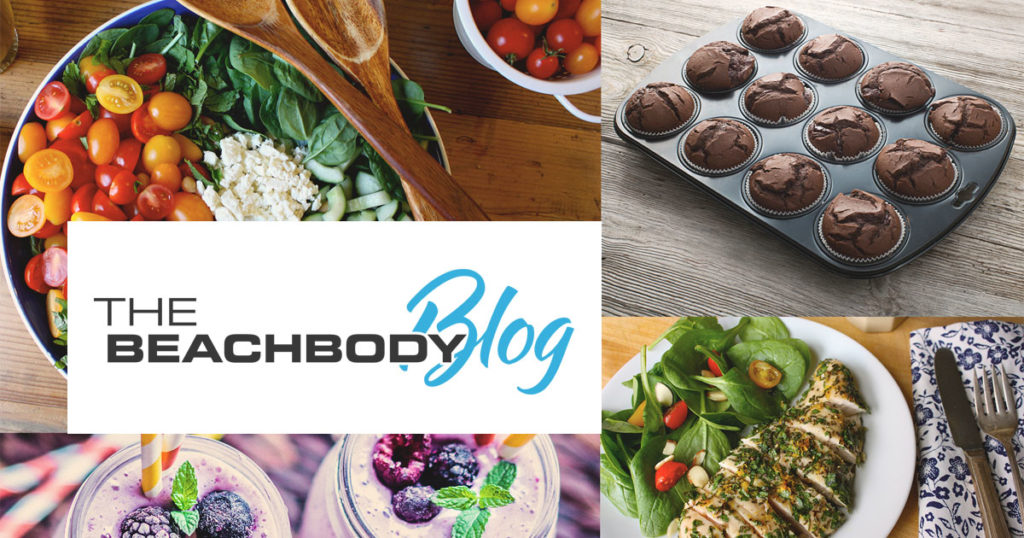It’s important to recognise that skin, by its very nature, is not “perfect.” Skin is meant to have texture such as pores, fine lines, moles, freckles, and blemishes. The goal isn’t to strive for a “flawless” complexion, but rather to support and maintain skin health. Breakouts do not make you less of a beautiful human being. Acne is actually a very common skin condition, however, in addition to being painful or uncomfortable, it can really impact a person’s confidence. Let’s have a look at what it is and some ways you can support your skin health journey if you are experiencing acne.
What is acne?
Acne is a condition of the hair follicle, hair shaft and sebaceous gland that causes both non-inflammatory and inflammatory lesions and varying degrees of scarring. A changed keratinisation pattern in the hair follicle can lead to blocked sebum (the substance that causes our skin to produce oil) production. It’s an extremely common condition mostly prevalent during adolescence.
Acne can lead to poor self-image, anxiety, low confidence and have a negative impact on quality of life.
What causes acne?
Acne can be due to a number of factors including genetics, stress, androgens, diet, hygienic practices and excess sweating. Addressing diet and lifestyle may support you in achieving healthy skin.
Diet tips for acne
- Check the glycaemic index
It is believed that glycemic load and glycemic index of the diet as a whole may contribute to the development of acne. A diet based on foods with a high glycemic index may lead to higher than normal insulin levels, which can then cause an increased production of androgens and the substance that causes our skin to look and feel oily, which plays a role in acne development.
The ratio of omega-6 to omega-3 fatty acids resulting from diet is one of the factors that lead to inflammation. A high intake of omega-3 fatty acids can inhibit the production of proinflammatory reactions which can have a therapeutic effect on acne. The highest sources of omega-3’s include salmon, mackerel, sardines, tuna and to a lesser extent, eggs, extra virgin olive oil, chia seeds and flaxseeds.
Ways you can incorporate these foods:
– grilled salmon with an avocado salad drizzled in olive oil
– eggs with avocado on whole grain toast
– chia/pumpkin/flaxseed sprinkled onto porridge/smoothies/yoghurt
- Get those antioxidants in
It has been suggested that oxidative stress may be implicated in the development of acne and that antioxidants may be valuable in acne management and treatment. Enjoy plenty of colour in your meals, the more colour equals the more antioxidants.
Lifestyle tips for acne
Ensure you’re washing your skin with a natural cleanser and moisturiser (free of fragrances, alcohol and parabens).
- Practise good skin hygiene
You’ll want to be using a separate towel for your face and body to reduce spreading bacteria and that you are washing your face towel and pillow cases at least once a week.
Stress can impact all aspects of your wellbeing, including the gut and skin, so making sure you are practising stress management techniques each day is beneficial. Meditation, yoga, journaling, exercising, spending time with loved ones or being in nature are all wonderful ways to alleviate excess stress in your life.
Under the guidance of a health professional, you may find certain herbs and nutrients can assist you. Zinc is a go-to, which Relieves the symptoms of acne, pimples, and minor skin eruptions. Burdock is another wonderful ingredient, which is traditionally used in Western herbal medicine to relieve minor skin eruptions.
References:
Tan AU, Schlosser BJ, Paller AS. A review of diagnosis and treatment of acne in adult female patients. Int J Womens Dermatol. 2017;4(2):56-71. Published 2017 Dec 23.
Ayer J, Burrows N. Acne: more than skin deep. Postgrad Med J. 2006;82(970):500-506.
Kucharska A, Szmurło A, Sińska B. Significance of diet in treated and untreated acne vulgaris. Postepy Dermatol Alergol. 2016;33(2):81-86.
Bowe WP, Joshi SS, Shalita AR. Diet and acne. J Am Acad Dermatol. 2010 Jul;63(1):124-41.



